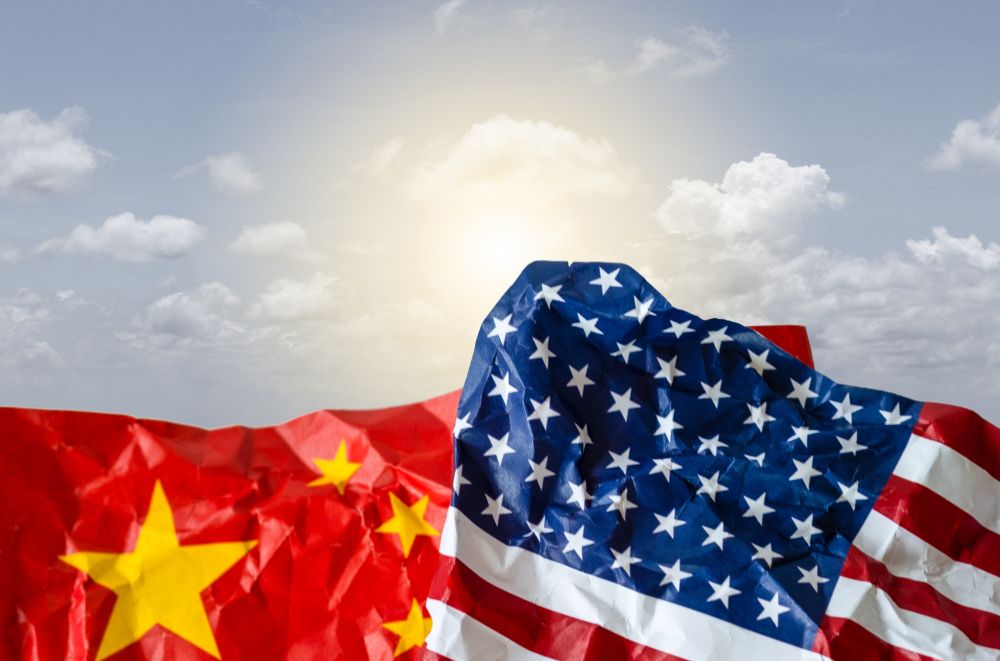Two Chinese nationals have been charged for an alleged scheme to illegally export a semiconductor dicing machine to a Chinese tech company. One of the two, Han Li, 44, was arrested in Chicago on Wednesday, while Lin Chen, 64, is believed to be in China. The charges and arrest are the latest developments in a protracted trade war between China and the U.S. over advanced computer processing.
Between May 2015 and August 2018, Li and Chen allegedly made plans to obtain a DTX 150 Scribe and Break machine from Dynatex, a high-precision silicon wafer dicing tool. The two were to export the tool to Changdu GaStone Technology Company in China, a company on the United States Department of Commerce’s banned entity list and thus ineligible to receive certain tech and services from the U.S. The pair is also charged with violating the International Emergency Economic Powers Act (IEEPA), a law enabling the president to regulate international commerce in the case of a national emergency. IEEPA has been used to lock down commerce with China since the Trump era.
Other charges include breaking Export Administration Regulations and illegal smuggling, which carry a combined maximum sentencing of 55 years in prison and $2.5 million in fines. However, this level of punishment is extreme and unlikely.
The intense movement of the U.S. Justice Department against the pair is emblematic of the so-called “Chip War” between China and the U.S. Ismail Ramsey, U.S. Attorney for the Northern District of California, said, “The export restrictions at issue in this case were put in place to prevent the illicit procurement of commodities and technologies for unauthorized military end use in the People’s Republic of China. This office will continue to vigorously enforce the nation’s export laws, including those pertaining to advanced technologies, to protect our national security.”
The United States considers any Chinese access to high-end computing hardware, especially hardware or software from U.S.-based entities, a danger to national security and market dominance. In 2024, U.S. lawmakers have been pushing their offense against China hard, proposing blocking Chinese companies from using American cloud servers or from using the RISC-V open source standard. Of course, this shouting for further control from media-minded lawmakers is tempered by the reality that China still receives many high-end computing products from U.S. companies and sellers, leading experts to call the Chip War more pillow fight than war.

